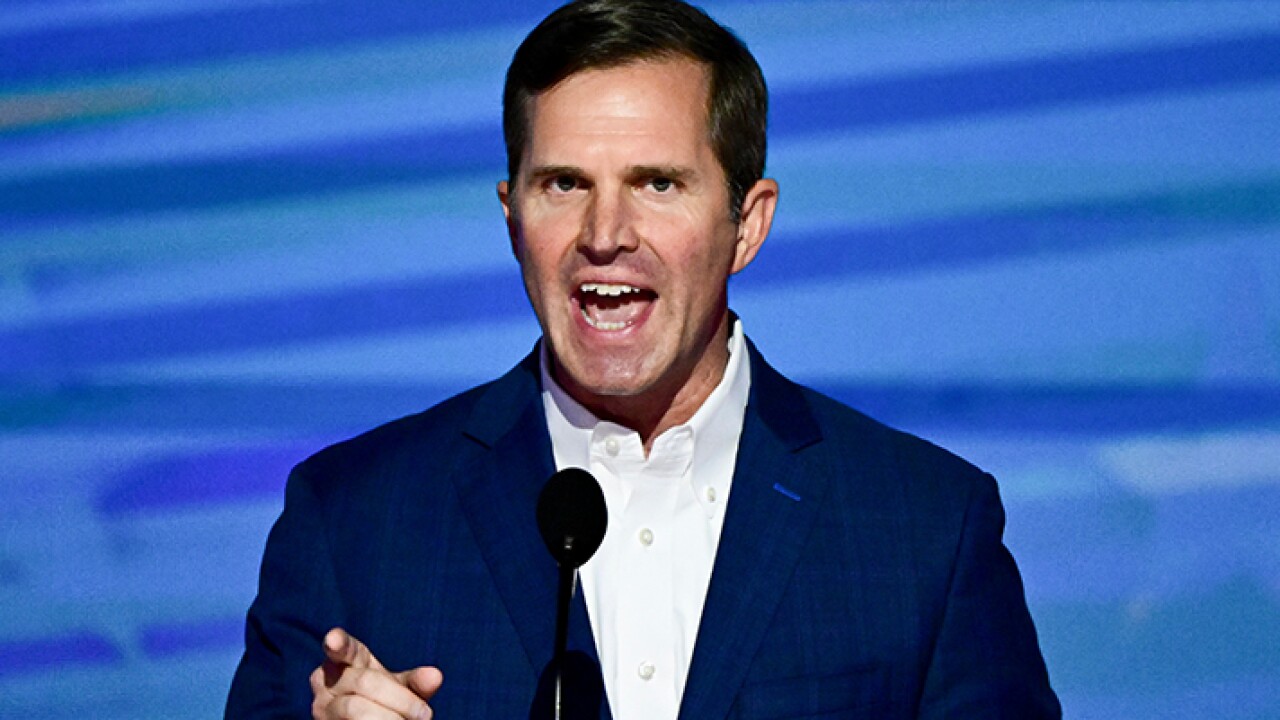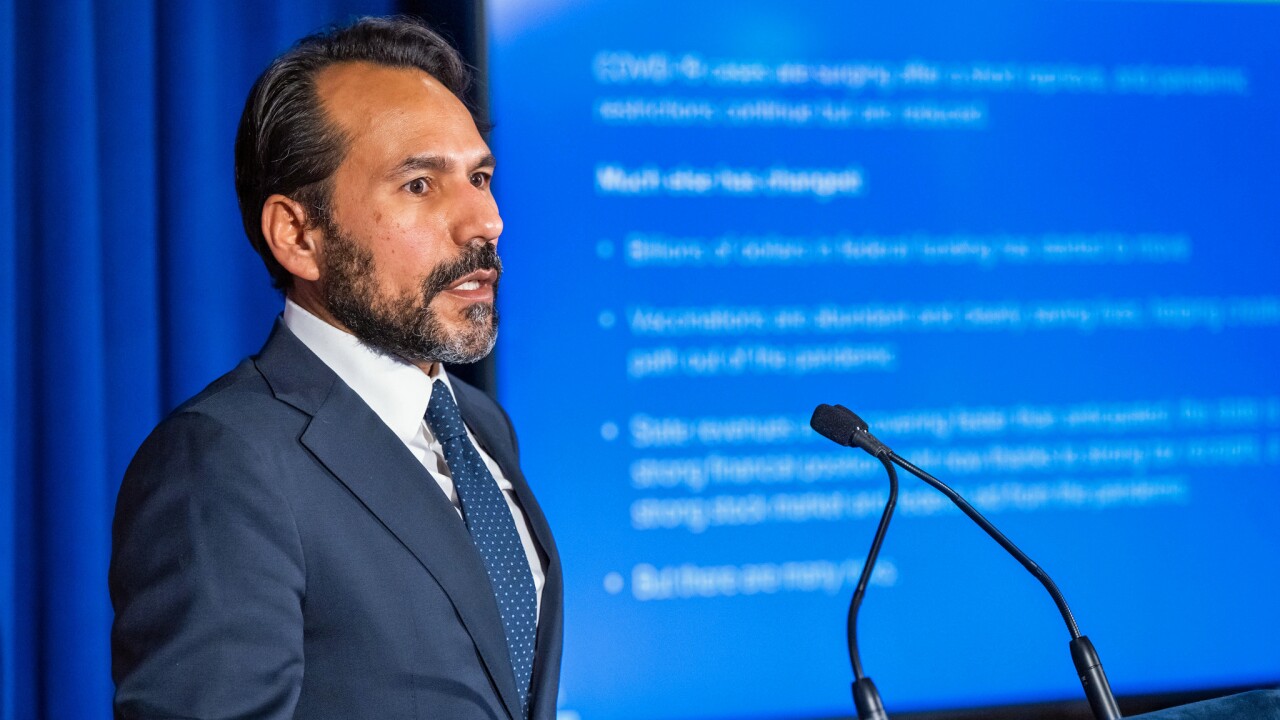Hartford, Conn.’s latest bond-rating downgrade underscores how Connecticut must help its capital city avert bankruptcy, said Mayor Luke Bronin.
S&P Global Ratings on Monday lowered the city’s general obligation bonds to BBB-minus – the last notch above junk – from BBB.
“What this S&P ratings action highlights is that as a state, we have to decide what future we want for our capital city and region,” Bronin said in a statement that evening. “At the local level, we can't responsibly raise taxes on an already overtaxed city, and we can't responsibly cut tens of millions more when we're only delivering essential services already.”

Bronin and corporation counsel Howard Rifkin said last week that the city is inviting solicitations for bond counsel, should it have to file for Chapter 9 bankruptcy. His proposed $613 million fiscal 2018 budget before the City Council acknowledges a $50 million shortfall, despite a bare-bones spending plan.
He estimates the current-year gap at $40 million. The shortfall could spike to nearly $70 million by fiscal 2021.
Hartford, said Bronin, has done all it can.
In fiscal 2017, he said, the city eliminated 100 positions, or 15% of non-uniformed personnel. It pared funding for community based programs. “The Department of Public Works has nearly 40 fewer staff this year compared to five years ago,” Bronin said in his budget message.
The mayor is seeking $40 million in additional state aid, though Connecticut’s own budget picture is shaky. Fitch Ratings and Moody’s Investors Service since Friday
Bailing out Hartford while the state is cutting municipal assistance across the board could be a tough sell, according to Municipal Market Analytics.
“Few state leaders are eager to have the capital city file for bankruptcy, and the amount requested is small relative to Connecticut’s overall budget,” said MMA. “But the optics of reduced aid for other districts while funneling money to Hartford are a challenge.”
Hartford’s recommended fiscal 2018 budget is up nearly 11% from the previous year, reflecting rising debt-service payments due to pushed-out refundings, higher required pension contributions, and health care cost inflation.
The city is assuming an increase of $19.8 million in tax revenues based on an increase in taxable valuations, and about $4 million from union concessions. The $49.6 million gap is about 8% of budgeted expenses.
“Beyond the current year, the city faces significant fiscal challenges with rising fixed costs and limited revenue-raising ability,” said S&P primary credit analyst Victor Medeiros. “In our opinion, the city's ongoing structural imbalance is reducing liquidity to weaker levels.”
Moody’sin 2016 lowered Hartford GOs to a junk-level Ba2. The city received quadruple downgrades from Moody’s and S&P last fall. Both assign negative outlooks.
“Over the past year, we've shown that we'll do everything we can to get Hartford's house in order, but with half of our property tax-exempt, we need a new partnership with the state of Connecticut,” said Bronin, a former chief counsel to Gov. Dannel Malloy.
“And I believe that more and more legislators around the state recognize how important Hartford is to Connecticut's economic future."
S&P also lowered the city’s rating on the Hartford Stadium Authority's lease revenue bonds to speculative-grade BB-plus from BBB-minus, and placed the ratings on credit watch with negative implications. The city issued the bonds for construction of minor-league baseball field Dunkin’ Donuts Park. The Class AA Hartford Yard Goats' home north of downtown opened last month a year behind schedule and over budget.
The city, with $550 million in total debt outstanding, issued tax anticipation notes earlier this year to cover such costs such as payroll.
Hartford would not be the first Connecticut city to file under Chapter 9. Bridgeport in 1991 became the first U.S. municipality to do so, although a federal judge negated the filing, saying the city could pay its bills.
Nor would it be the first capital to file. The City Council in Harrisburg, Pa., did so in October 2011 without the mayor’s petition only for a federal judge to nullify it, citing a restrictive state law.
“We do not believe a Chapter 9 filing is imminent, nor likely, mainly because, in our view -- given the state's history with Bridgeport -- the state is unlikely to approve of such a filing, despite the difficulties facing the state itself,” Bank of America Merrill Lynch said in a commentary.
Connecticut law requires the governor to approve any bankruptcy petition.





